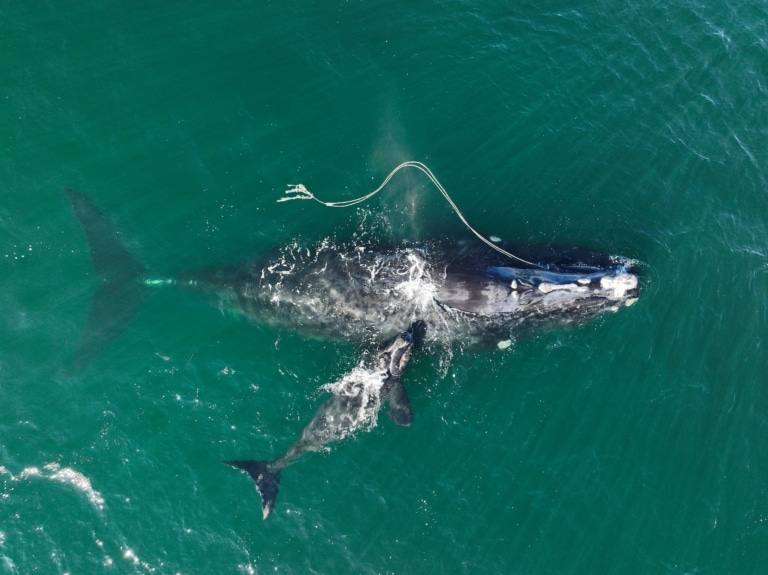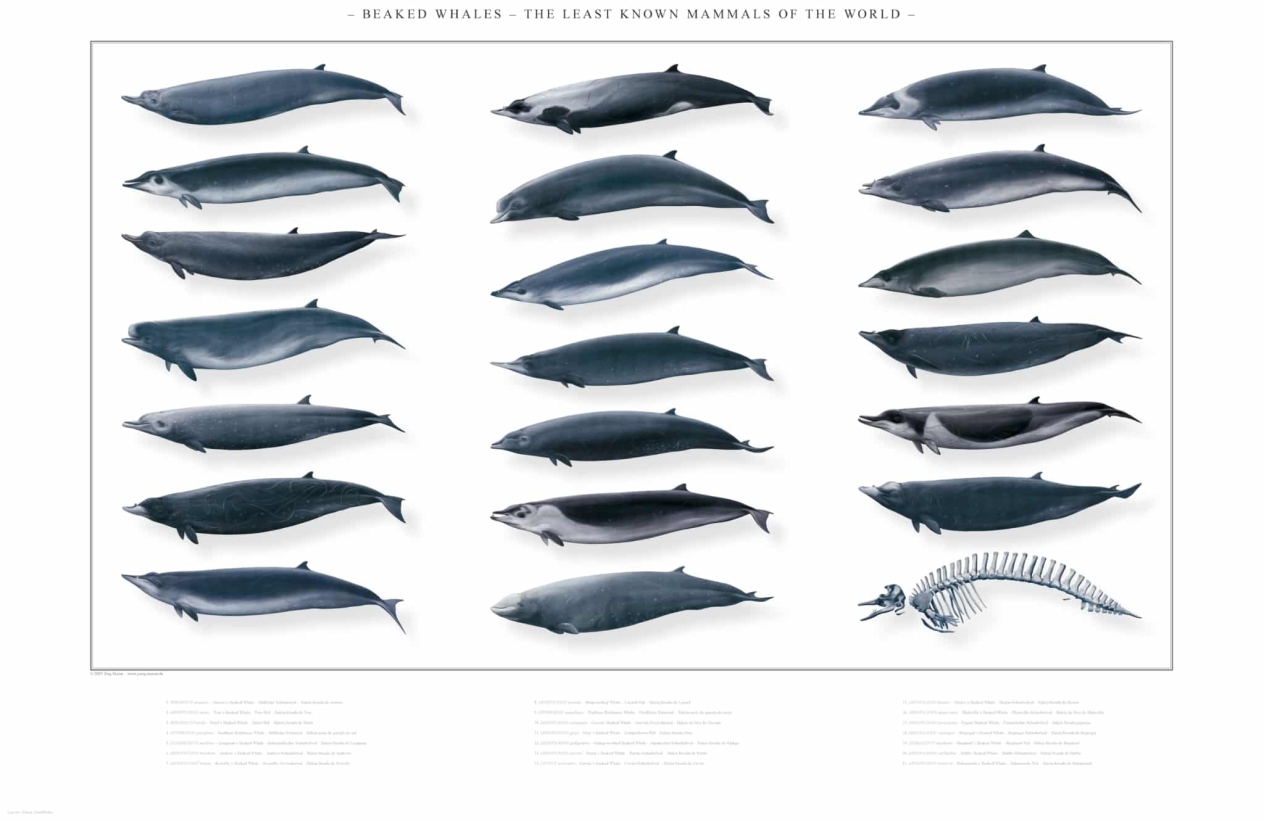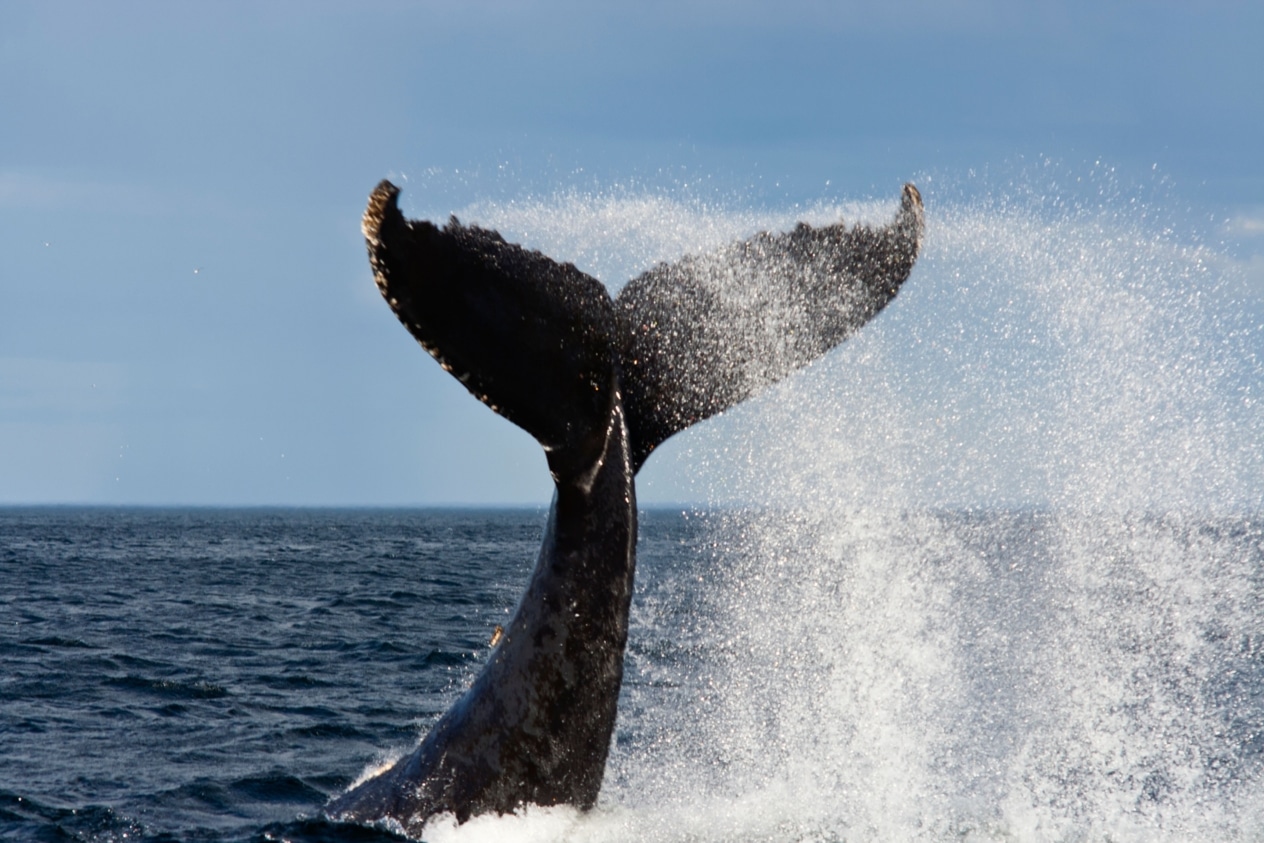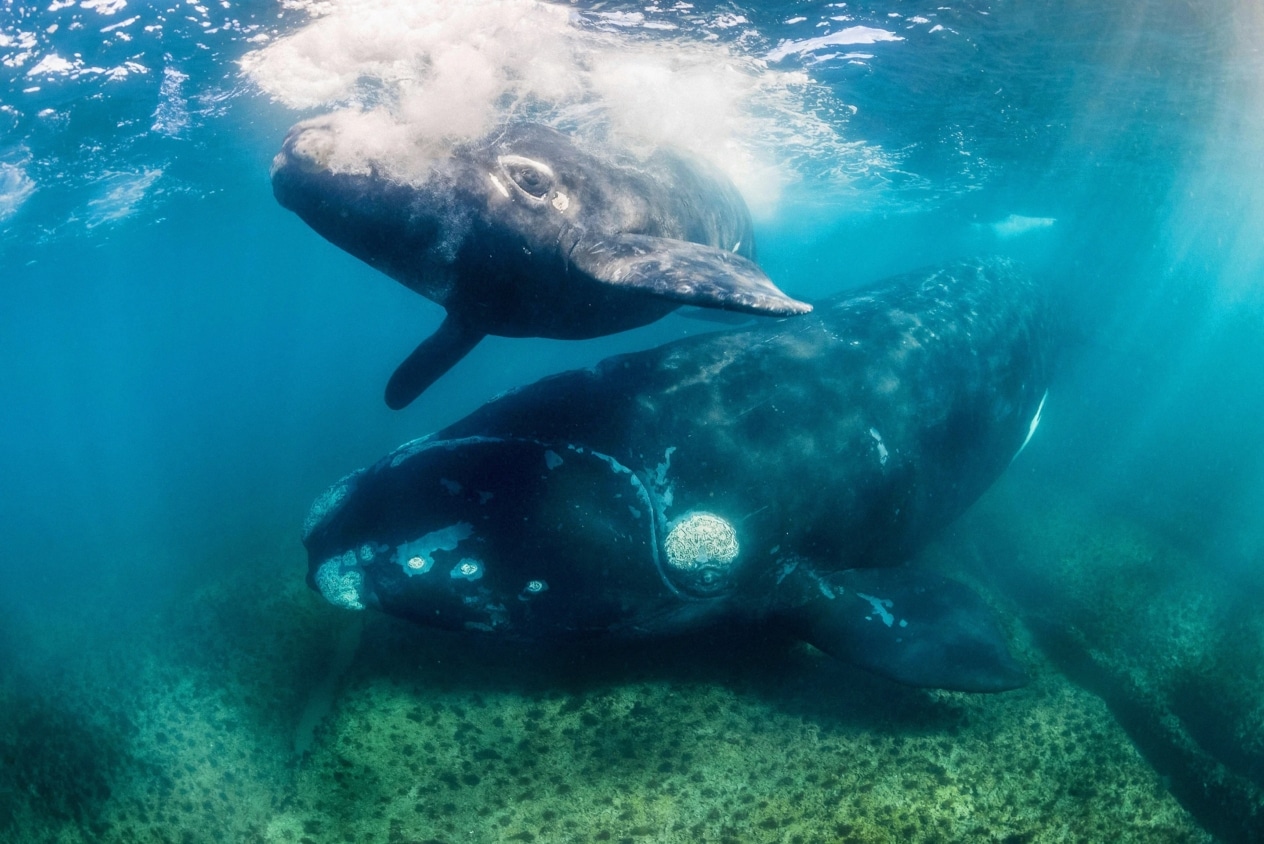Whales are among the longest-lived creatures on the planet. While most mammals live to a maximum of a few dozen years, some whales are able to cross the threshold of a hundred, and the bowhead whale – even more than 200 years. This phenomenon has long interested scientists, and there are several explanations: from physiological features to unique genetic mechanisms.
Longevity of whales: truth or exaggeration?
It is a proven fact. By analyzing protein deposits in ear plugs, examining eye lenses and other biomarkers, scientists have found that blue whales live to an average age of 80-90 years, sperm whales – about 70, and record-breakers – bowhead whales – can live more than 150, sometimes more than 200 years. Thus, this is not a legend, but a reality confirmed by science.
Physiological features
Here lies a significant part of the answer. The body of whales works in a “slow mode”.
Metabolism. Their metabolism is extremely low. The heart of a bowhead whale weighing over 200 kilograms at rest only beats a few beats per minute. This means less stress on the organs and slower cell aging.
Movement and energy expenditure. Whales move smoothly and measuredly, without sudden jerks. Their life in the cold waters of the Arctic also contributes to stability: the temperature of the environment is constant, so the body does not have to spend extra energy to adapt.
Resistance to lack of oxygen. During diving, their bodies are able to redistribute oxygen, slow down organ function and even partially “shut down” those systems that are not vital in the moment. This reduces cellular wear and tear and promotes long life.
Genetic and biological secrets
This is the most interesting block. Genetic studies have shown that whales have special defense mechanisms against disease and aging.
Defense against cancer. In bowhead whales, genes that regulate cell division and prevent the development of tumors have been discovered. They prevent the body from “accumulating” the damage that leads to disease as other species age.
DNA repair. Their cells are better than most animals at repairing damaged hereditary information. This means fewer genetic errors and longer organ function.
Resistance to inflammation. Special proteins have been found in the body of whales that reduce inflammation. And it is chronic inflammation that is considered one of the main causes of aging in humans.
Thus, whales have a whole “defense complex”, thanks to which their body ages much slower.
Lessons for humans and science
The longevity of whales has become a real treasure for researchers. Studying their genome helps to understand how cells can be protected from aging and disease in humans. Today, scientists are trying to apply this knowledge to create new methods of treating cancer, extending healthy life and developing drugs that mimic “whale mechanisms”. In other words, the study of marine giants can affect not only biology, but also the future of medicine.
Conclusion
The longevity of whales is due to their slow metabolism, unique physiology and genetic mechanisms that protect against aging. They live for centuries, contemplating the changing of the ages, and remind us that nature can create real miracles. And perhaps it is whales that will help people find the key to their own longevity.












